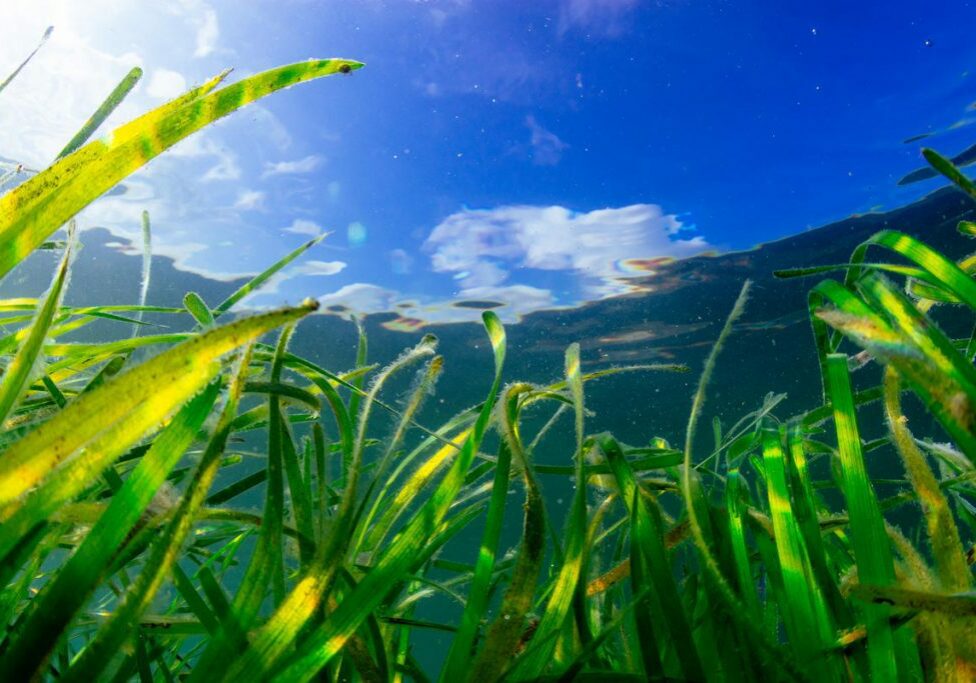
Brew a planet-friendly tea
Are you sitting down with a lovely cup of tea? Good. This might come as a shock. Your teabags are smuggling unseen plastic into your life! Most teabags in the UK contain a very thin layer of polypropylene plastic. This could find its way from waste facilities into our rivers and eventually the sea. So search out biodegradable or compostable tea bags or just switch to loose tea. It tastes better, it’s less wasteful and only takes a little longer to prepare. Surely it’s worth the extra effort?
CLEAN UP YOUR ROUTINE
Over the course of our lives, we each use 300 toothbrushes on average. So why not make your mouth a plastic-free zone and swap to a bamboo toothbrush? Yes, they have plastic bristles, but those are almost impossible to avoid. And while you’re in the bathroom, don’t forget to use a razor with a replaceable head and swap to biodegradable dental floss.


FIX YOUR CAFFEINE FIX
Around 2.5 billion coffee cups are thrown away every year in the UK alone – that’s seven million a day! Even though they look like cardboard, disposable coffee cups nearly all contain a layer of plastic, meaning that less than 1% can be recycled. The end result is that, after spending just a few minutes in your hand, most spend up to 50 years in landfill. So don’t leave home without a reusable coffee cup or flask. Lots of coffee outlets offer a discount when you use your own cup, and there are many eco-friendly options out there. Why not keep a WWF KeepCup handy?
CUT OUT PLASTIC CUTLERY
Disposable plastic cutlery is one of the worst plastic-pollution culprits. Single-use utensils are used for an average of three minutes and then thrown away. They end up littering our towns and countryside, piling up in landfill or entering our waterways. But it’s easy to get in the habit of carrying your own cutlery with you. Simply roll up stainless steel utensils from home in a napkin, buy a bamboo cutlery set or take a spork on your travels. By adopting one of these alternatives, you could dramatically reduce your plastic use.
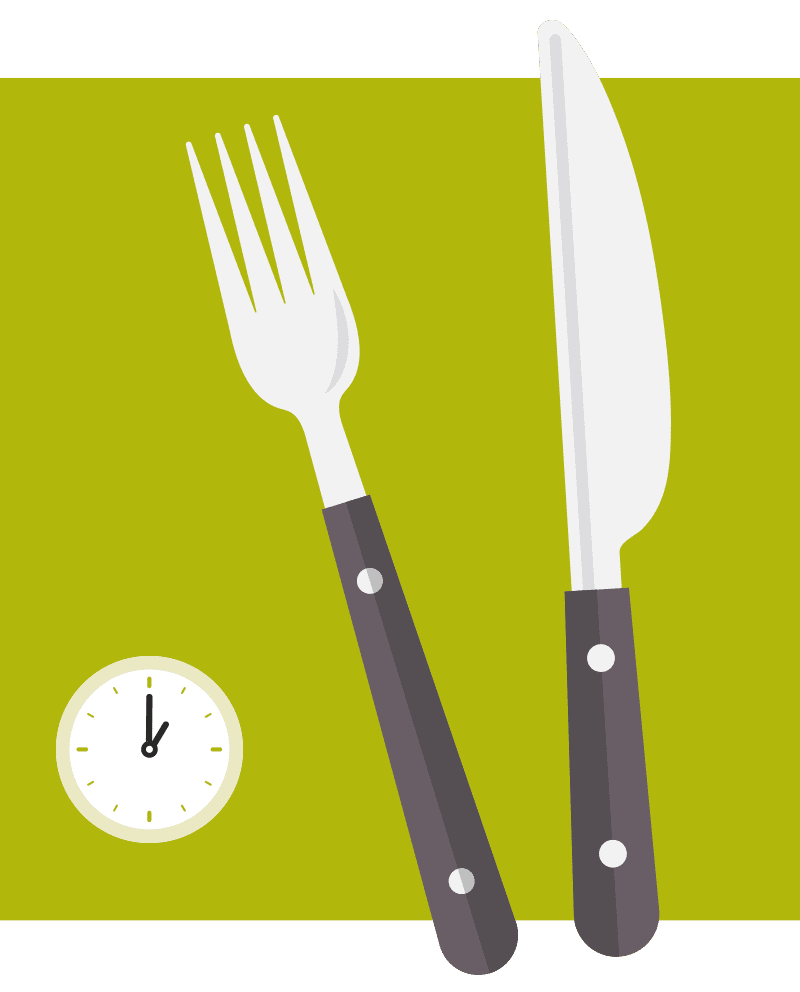

BRING YOUR OWN BAG
Plastic bags are often used for only a few minutes, but they take hundreds of years to break down. Most of us own reusable bags – the challenge is remembering to take them with us when we need them. One way to remind yourself is to keep a reusable bag by your front door, in your handbag, laptop case, coat pocket, glove compartment… wherever works for you. Just use it!
GIVE BOTTLES THE BOOT
After a workout in the gym, do you head to the shower with an armful of bottles – shampoo, conditioner, shower gel? Go ‘naked’ and try your toiletries in a solid bar form that doesn’t require plastic packaging thanks to its self-preserving composition. Or look online for your local packaging-free shop and reuse bottles for products such as shampoo, shower gel, and even washing liquid and fabric softener (for those sweaty gym clothes!). Plastic bottles are one of the most frequently found items on beach cleans globally, and the lids commonly end up in seabirds’ stomachs. So let’s give them the heave-ho.
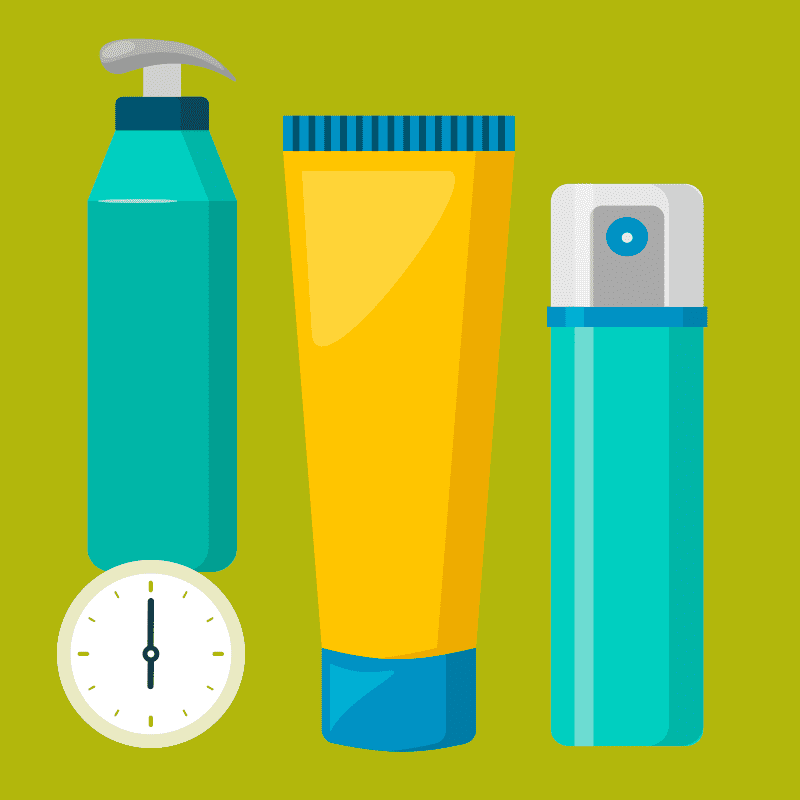
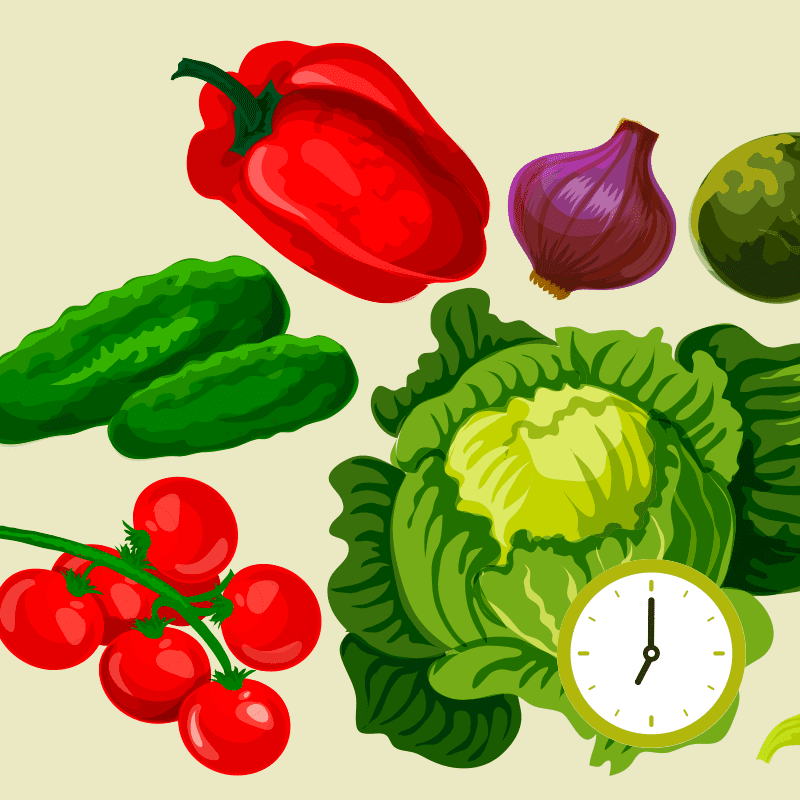
have a plastic-free kitchen
You want to eat your greens to do right by the planet. But your good intentions are being suffocated by the thin film of plastic covering your veg. The fruit even comes in its own polystyrene tray! To tackle this plastic proliferation, choose loose fruit and veg and pop them in a paper bag, or choose products packaged in glass (for sauces, yoghurt and so on). Alternatively, say hello to a fresh, seasonal box of plastic-free goodness delivered to your door thanks to a veg-box scheme. Or buy from your local farmers’ market or greengrocers (and bring your own bags!).
DON’ T BE CLINGY over DINNER
After a satisfying meal, you want to keep and reuse your leftovers to reduce food waste. But clingfilm is made from crude oil and contains chemicals that could damage your health. So get smart about storing your leftovers and start using glass or reusable containers. Wrap tomorrow’s lunch in a beeswax food wrap, which is 100% natural and environmentally friendly. This means no nasties will leach into your food in storage – and you can relax knowing you’ve done your bit for the planet.
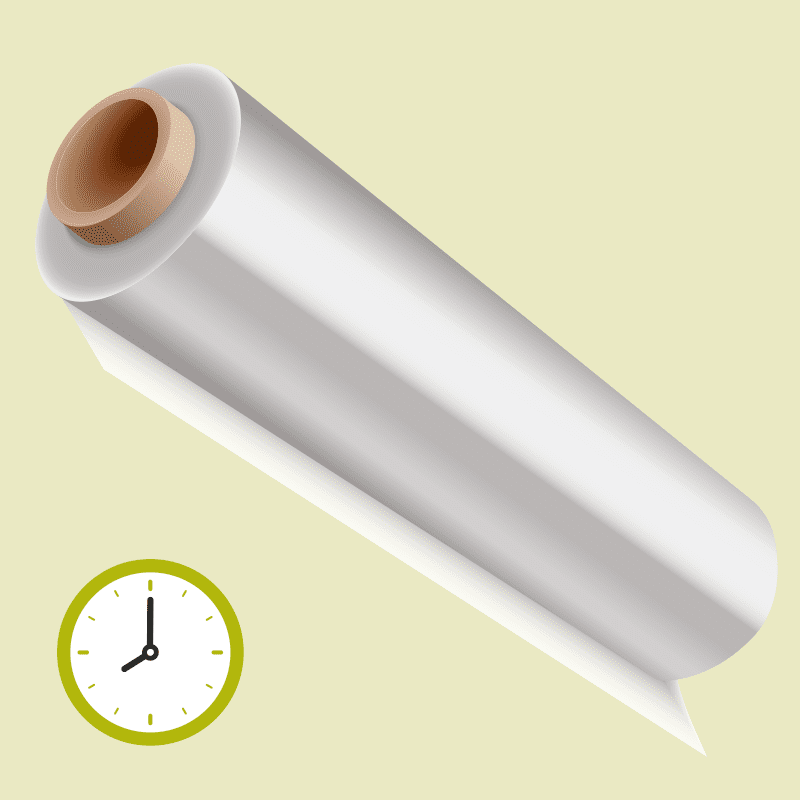
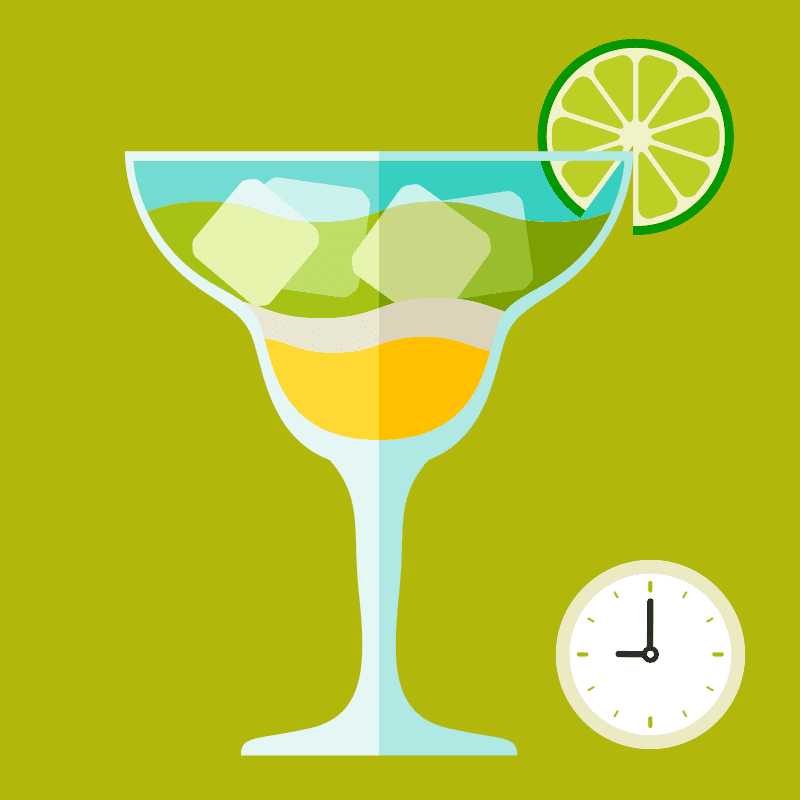
MAKE IT THE FINAL STRAW
Plastic straws are sucking the life out of our oceans. They kill and harm wildlife from marine turtles to albatrosses, and take up to 200 years to decompose. But there’s an easy fix – if you don’t need a straw, don’t use one. Just skip the straw (you have to be quick to say ‘no straw, please’ before your drink turns up). Make sure you let the manager know why you think straws suck! Alternatively, opt for an eco-friendly bamboo, wheat, stainless steel, glass or titanium straw instead.
BE WISE ABOUT WINE
What’s more satisfying at dinner time – the sound of a traditional cork popping or twisting off a screw top? Choose wine bottles with natural cork stoppers instead of plastic stoppers or metal screw caps. Cork oak is harvested sustainably and provides a vital home for threatened species such as Iberian lynx and Iberian imperial eagles. Whereas it’s sad but true that even metal-looking caps contain BPA, an industrial chemical found in certain plastics that doesn’t biodegrade.

JOIN THE FIGHT AGAINST PLASTIC POLLUTION
We need to act now – there’s no time to waste. We all have a role to play in tackling the plastic pollution crisis. By making small, everyday changes, we can make a huge difference. Just making one change each day or a couple a week will have an impact. Together, we can turn the tide on plastic and protect our planet.
ALL IMAGES © GETTY IMAGES
More to explore
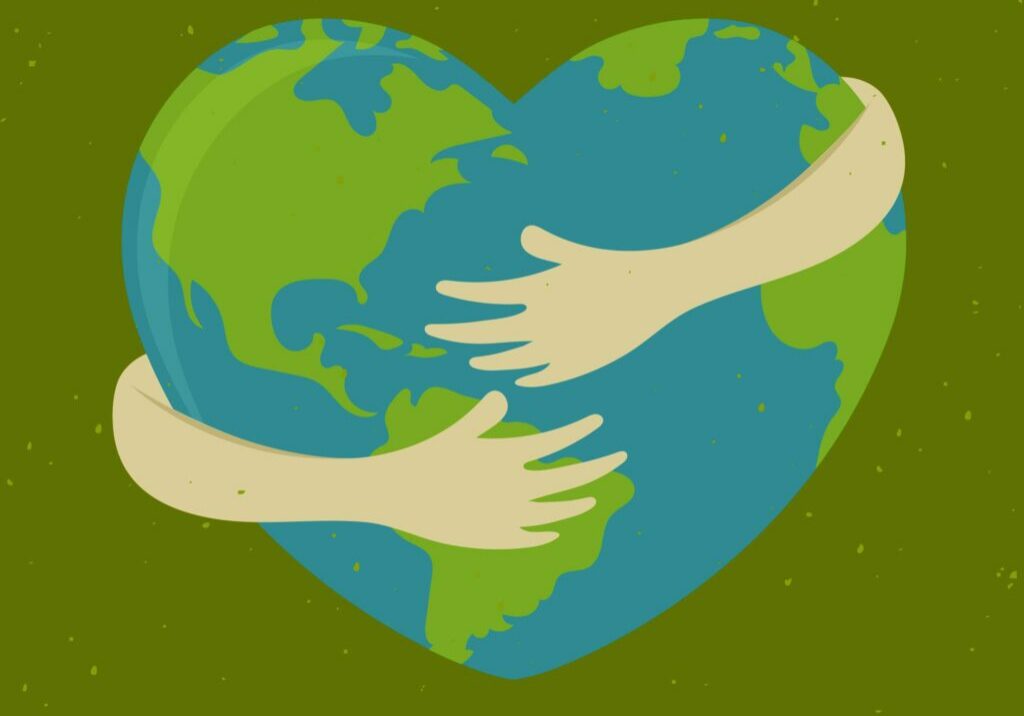
Everyday ways you can help the planet
You’re already a hero to us, but are you a green hero as well? Follow our top tips to enjoy an even more sustainable lifestyle
